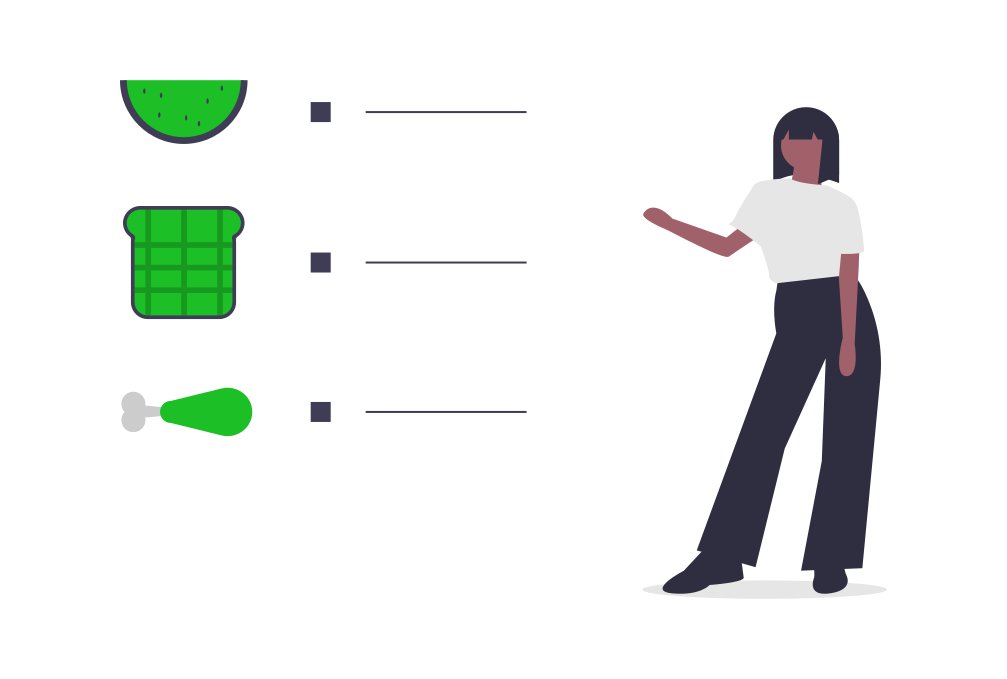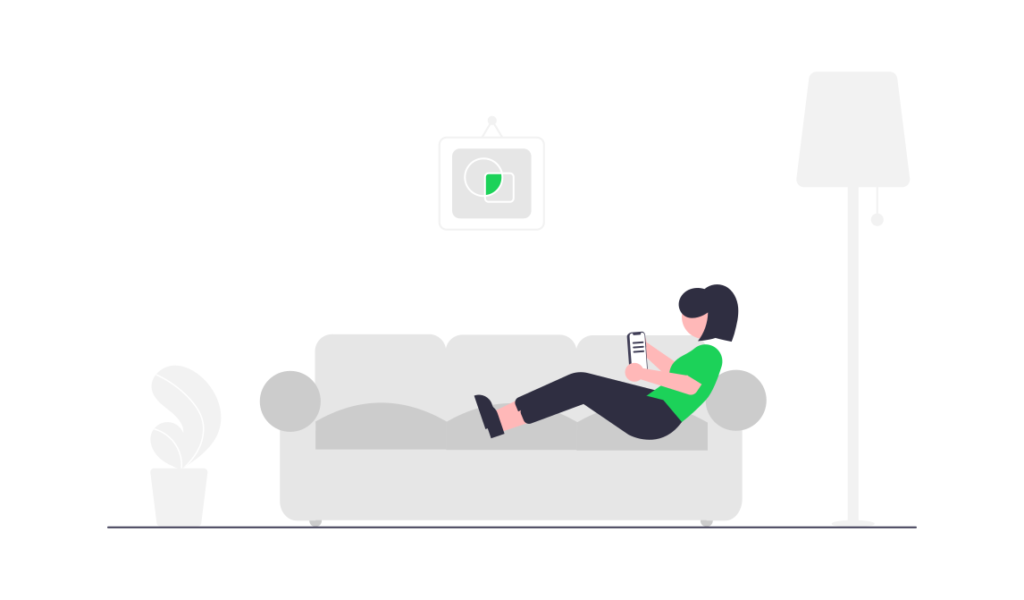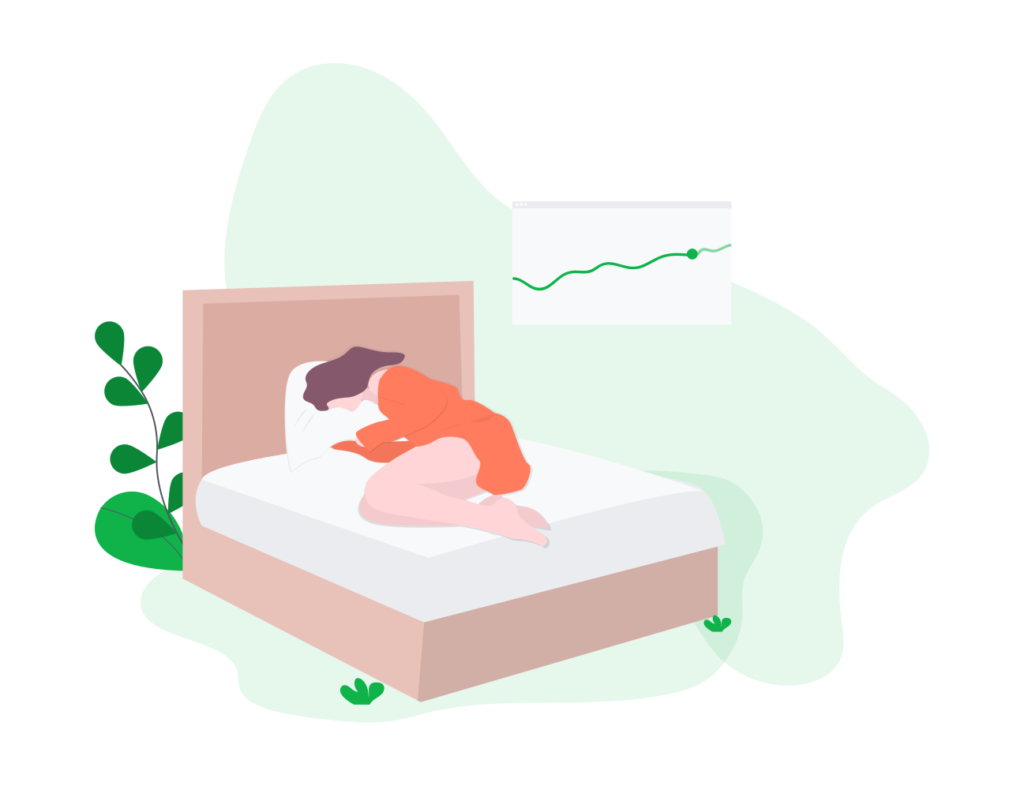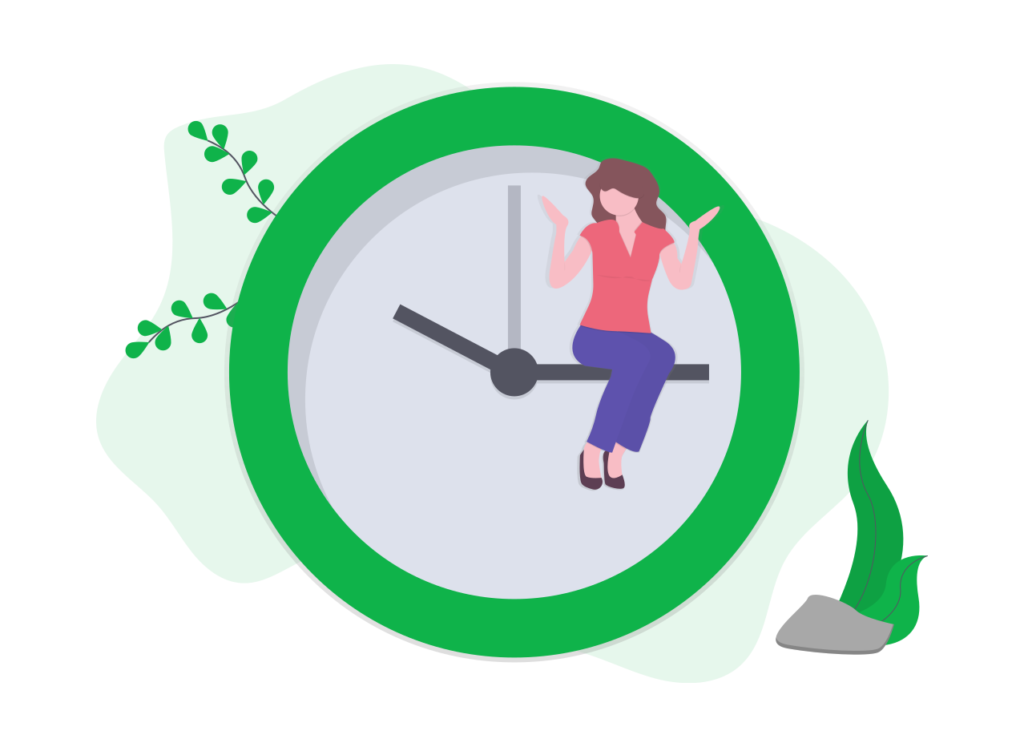Everybody has enjoyed music at some point in their life and has a genre they enjoy the most, whether it’s pop, rap, or reggae. No matter the genre, the feeling of listening to the genre that you like the most stays the same: it relaxes you.
But what other effects can listening to music have on you?
Mood Booster and Stress Reducer
Nobody enjoys the feeling of sadness, but sometimes it is just part of our lives we can’t control. Music has a deeper connection beneath its surface than just a mix of sounds, and lyrics. It has been proven to stimulate your brain by releasing a chemical called “dopamine” which is associated with pleasure within our brain. This means that listening to music boosts yourself emotionally, and mentally reduces stress. Listening to a playlist of your favourite songs, and releasing the dopamine, can also reduce the feeling of depression.
Starting your day off by listening to music can enhance the rest of your day. If you have issues with stress or just general sadness, then music is a great way to escape. Even if it’s only momentarily, it’s healthier than letting these negative feelings take you over.
Read Now: How to Better Your Mental Health by Getting Creative
Mind Distraction and Improved Focus
It can distract your mind from your negative surroundings, keeping you occupied in a tranquil state. Noisy workplace? Just pop some earphones in and jam away. Drowning out sounds that stress you out and replacing them with dopamine fuelled music can enhance your mind to focus more on what you want to achieve. With this increase in focus, your productivity will rise higher than it did before and could even lead to avoiding work stress.
Be warned however, as being overwhelmed by music can distract you from your work, or whatever you are doing while listening to music.
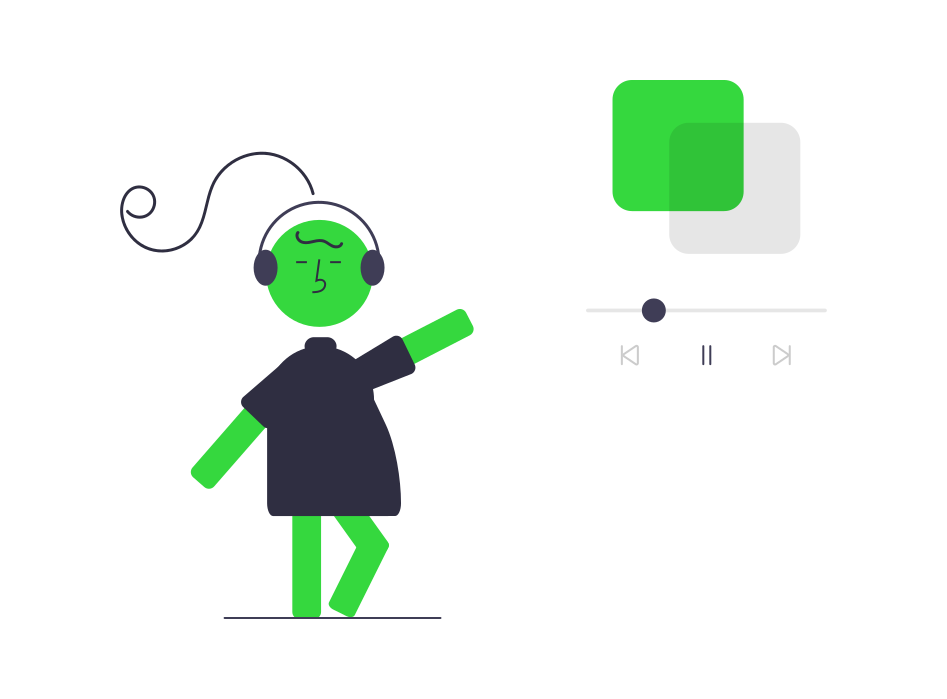
Read Now: How Music Can Motivate You to Stick to Your Exercise Routine
Pain Management
This effect isn’t just about physical pain, but mental pain as well. Whether it is stress, depression, or just general anger. Listening to music that relates to those emotions can cause you to push those feelings out of your mind. Knowing that someone went through the same situation as you and made a song filled with that emotion can let you know that you aren’t alone in this matter. This effect can also allow you to overcome blocks within your life. Whether that is writing blocks or mental blocks.
It also reduces the pain you perceive and relaxes you a lot more if you are in any kind of physical pain. Which can be extremely useful if the pain is uncomfortable enough to keep you awake at night.
Creativity and Sleep Improvement
Music can be very tranquil and peaceful to listen to. It allows you to switch your brain off if you are listening to music without having anything to do. You create a narrative and envision the song in your head, which ultimately, can improve your creativity.
Most people listen to music when going to bed as this creativity that flows through you can help you sleep easier. The constant rush of dopamine to your brain makes your brain regulate hormones, and reduces cortisol which affects stress itself to help you sleep better.
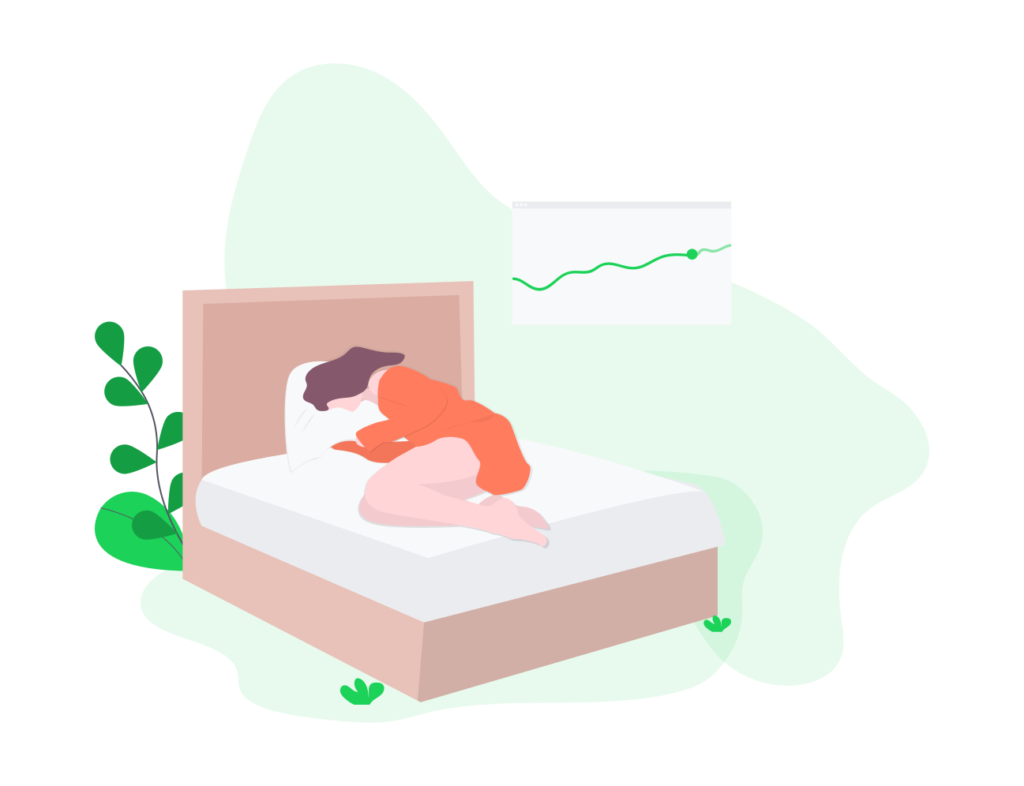
Mental Health Healing
Improving your focus can also help to manage any effects that come with health conditions like autism, ADHD, or Tourette’s. As your mind becomes more focused on the rhythm, sounds, and lyrics, your brain momentarily forgets about reality and places you into a sort of daydream in your head. You remember who is in charge of your life, and it is you, and only you.
Conclusion
Music is of huge importance to our lives, even if you don’t listen to it every day. The deep connection between our brain and music is almost magical. You can always find websites online that allow you to listen to music, including:
Remember that there are people who are struggling or have struggled in the same way as you.
If you require assistance with any topics mentioned here, or in general then please feel free to contact us here at Ceed today.
